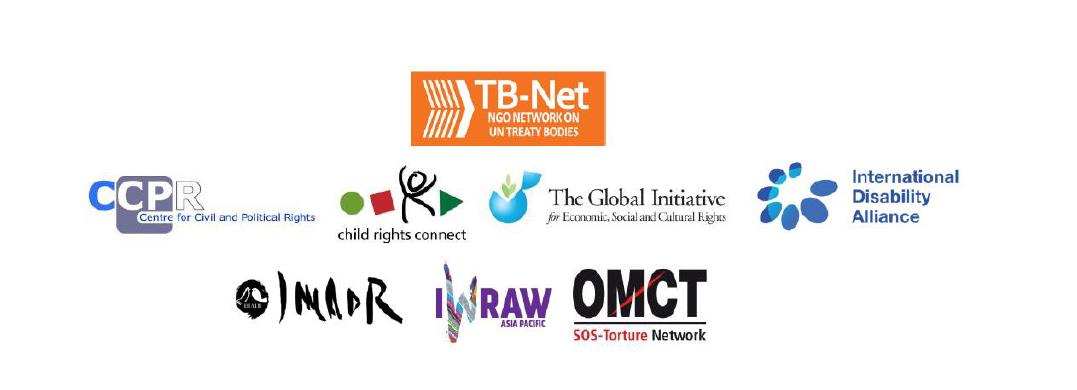States urged to truly strengthen the international human rights monitoring bodies, through adequate funding and support for concrete reforms
This week in Geneva, States and civil society are discussing ways to enhance the UN human rights treaty body system. These meetings are part of a treaty body review process which will culminate in September in a report by the Co-Facilitators of that process (Switzerland and Morocco) with recommendations for action by the General Assembly. The objective is to ‘strengthen’ the system, although it is clear that not all States see a strengthened treaty body system as in their interests. Some States are actively seeking to undermine the system in order to avoid human rights scrutiny.
Civil society has participated actively in the review process, pushing for reforms that will truly strengthen these crucial independent human rights monitoring and accountability mechanisms and for States to adequately fund the system.
In a submission to the Co-Facilitators, 86 civil society groups made concrete reform proposals for the UN human rights treaty body system. The submission was co-ordinated by GI-ESCR and its TB-Net colleagues and ISHR, following a cross regional consultation in Geneva in July 2019.
At the meeting with the Co-Facilitators this week, GI-ESCR, on behalf of TB-Net, will urge States to reinforce the special role of the treaty bodies, as the independent rights experts mandated to monitor State implementation of the human rights treaties. We call on States to provide adequate resources for the treaty bodies to carry out their mandates and to support the advances by the treaty bodies themselves to stream-line and align their procedures and bring their work closer to the ground. GI-ESCR will also underline the need to enhance the regularity, predictability and universality of States Party reviews by introducing a fixed calendar 4 year review cycle with Comprehensive reviews alternating with Focused reviews, for all treaty bodies.
Read the:

